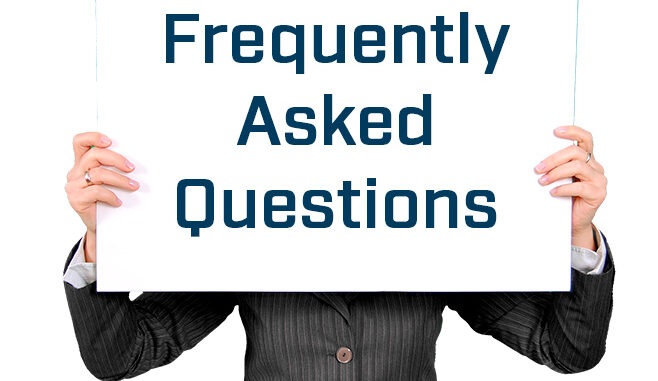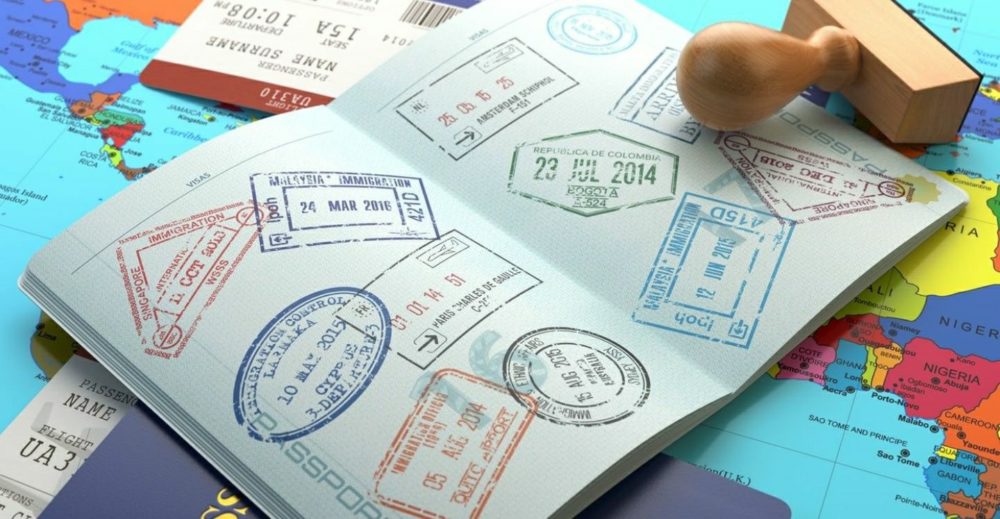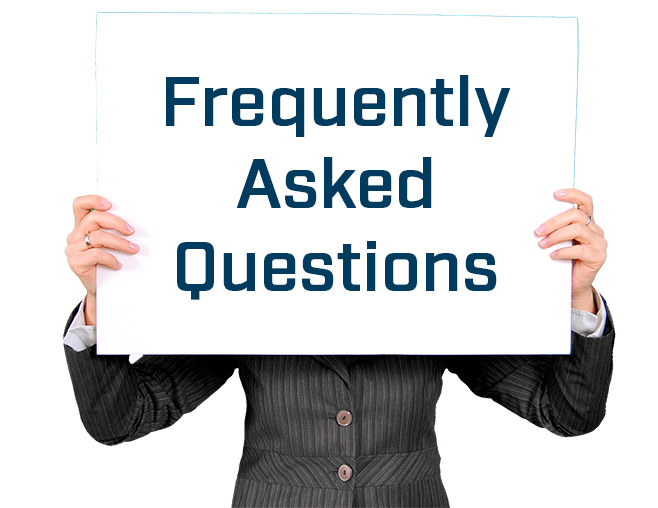
What is Vietnam Visa Exemption?

Vietnam visa exemption refers to the policy that enables citizens of eligible countries to enter and stay in Vietnam without a visa for up to 15 or 30 days, depending on nationality. With a visa exemption, travelers can enter Vietnam through international airports for visa-free short term stays for tourism or business purposes.
The visa exemption policy aims to boost tourism, trade investment, and people-to-people exchanges between Vietnam and the world. It provides an easier and more convenient way for eligible citizens to experience Vietnam’s culture, cuisine, and attractions without the hassle of applying for a visa.
Who Is Eligible for Vietnam Visa Exemption?
As of October 1, 2023, citizens from 13 countries are eligible for visa exemption when entering Vietnam:
- Denmark, Finland, France, Germany, Italy, Japan, Norway, Russia, South Korea, Spain, Sweden, United Kingdom, and Belarus.
Citizens of these countries do not need to apply for a visa if they intend to stay in Vietnam for 15 days or less.
In addition, citizens of ASEAN countries (Brunei, Cambodia, Indonesia, Laos, Malaysia, Myanmar, Philippines, Singapore, and Thailand) are eligible for a 30-day visa exemption in Vietnam.
To qualify for the visa exemption, travelers must have a passport with at least 6 months validity and proof of onward travel, such as an airline ticket exiting Vietnam.
How Does Vietnam Visa Exemption Work?
Taking advantage of the visa exemption to visit Vietnam is easy and straightforward:
- Check your eligibility. Make sure your nationality is on the approved list for 15 or 30-day visa exemption. Your passport must be valid for at least 6 months beyond the entry date into Vietnam.
- Book a flight to Vietnam. You can fly into any international airport in Vietnam, including Noi Bai International Airport (Hanoi), Tan Son Nhat International Airport (Ho Chi Minh City), Danang International Airport, Can Tho International Airport, Cat Bi Airport (Hai Phong), Lien Khuong Airport (Da Lat), or Phu Bai Airport (Hue).
- Bring proper documentation. Have your valid passport, proof of onward/return travel, and other supporting documents (e.g. hotel bookings) ready to present to immigration officers upon arrival.
- Obtain visa exemption stamp. At immigration, inform officers you are entering under the visa exemption scheme and show your documentation. They will stamp your passport with a visa exemption entry valid for 15 or 30 days.
- Enjoy your stay! With the entry stamp, you can now enter and travel freely around Vietnam without having to apply for a separate tourist or business visa.
Key Things to Know About Vietnam Visa Exemption
Here are some key facts about how to best utilize Vietnam’s visa exemption policy:
- The 15 or 30 day duration begins from the date of entry stamped in your passport, not the date of arrival.
- Extensions are not possible. If you wish to stay beyond 15 or 30 days, you must exit Vietnam and re-enter with a new visa exemption stamp.
- You can enter and exit Vietnam multiple times within the validity of the entry stamp before its expiration date.
- Visa exemption does not allow working in Vietnam. Engaging in any business or paid activities is prohibited.
- Border runs to renew exemption status are not permitted. You must travel onward to another country before re-entering Vietnam.
- Violating the conditions may result in fines or blacklisting from future entry into Vietnam.
- Visa exemption cannot be converted into other long stay visas. A proper visa must be applied for at Vietnamese embassies/consulates.
- Travelers can still choose to apply for regular tourist visas even if eligible for exemption. This provides more flexibility for longer stays.
By following these rules carefully, you can fully enjoy Vietnam visa-free without any problems or complications!
List of countries exempted a Vietnam visa:
Vietnam has recently updated its visa exemption policy, allowing citizens of 25 countries to enter the country without a visa for a maximum stay of 45 days. This is an increase from the previous 15-day limit. The full list of exempt countries is as follows:
- Europe: Belarus, Denmark, Finland, France, Germany, Italy, Norway, Russia, Spain, Sweden, the United Kingdom
- Asia: Brunei, Cambodia, Indonesia, Japan, South Korea, Kyrgyzstan, Laos, Malaysia, Myanmar, Philippines, Singapore, Thailand
- America: Chile, Panama
Citizens of these countries are not required to apply for a visa before traveling to Vietnam. They will only need to present a valid passport with at least 6 months remaining validity upon arrival in Vietnam.
In addition to the visa exemption program, Vietnam also offers an e-visa service for citizens of other countries. The e-visa is a more convenient option, as it eliminates the need to apply for a visa at an embassy or consulate. E-visas are typically processed within 3-5 business days.
Conditions for Making Vietnam Visa Exemption
To be eligible for Vietnam visa exemption, travelers must meet the following conditions:
- The traveler is a citizen of one of the exempt countries.
- The traveler holds a valid passport with at least 6 months remaining validity upon arrival in Vietnam.
- The traveler is not entering Vietnam for the purpose of engaging in employment or other remunerated activities.
- The traveler is not entering Vietnam for the purpose of studying at an educational institution.
Other Vietnam Visa Exemption Cases
In addition to the visa exemption program for citizens of the 25 countries listed above, Vietnam also offers visa exemption for certain other cases, including:
- Diplomatic and official passport holders from certain countries are exempt from visa requirements for stays of up to 90 days.
- Seafarers are exempt from visa requirements for stays of up to 14 days if they are entering Vietnam as part of a crew change.
Vietnam Visa Exemption Extension
It is possible to extend a visa exemption for stays of up to 30 days. However, extensions must be applied for in person at a local immigration office.

Frequently Asked Questions
Below are some frequently asked questions by travelers regarding Vietnam’s policy on exemption from visa requirements.
1. I have dual citizenship. Can I use my other passport to qualify for visa exemption?
Yes, you can use any passport that is from one of the approved 13 or ASEAN countries to enter Vietnam visa-free under the exemption program.
2. Do I need to show any bank statements or proof of funds?
No financial documents are required. As long as you have an onward ticket out of Vietnam before the visa exemption period ends, you can enter without showing funds.
3. Can I arrive by land border crossing from Cambodia, Laos, or China?
No, the visa exemption program is only valid when entering by air through international airports in Vietnam. Land borders require a proper visa.
4. Is there a limit on how many times I can enter Vietnam on the visa exemption?
There is no limit. As long as your passport remains valid, you can benefit from the visa exemption program multiple times and during multiple trips.
5. Can I extend my stay past the 15 or 30 days granted by the visa exemption?
Unfortunately no, the visa exemption does not allow any extensions of stay. You must exit Vietnam and re-enter to reset the validity period.
6. How to check if my nationality is required for a Vietnam visa?
Here are some steps to check if your nationality requires a Vietnam visa:
- Step 1: Check the official website of the Vietnam Immigration Department
The official website of the Vietnam Immigration Department provides reliable and up-to-date information about visa requirements.
- Step 2: Consult with the Embassy of Vietnam in your country
If you cannot find the necessary information on the Immigration Department website, consult with the Embassy of Vietnam in your country. They can provide you with accurate and updated information on visa requirements. The embassy can also inform you of any changes in visa regulations that may affect your travel plans.
- Step 3: Contact a travel agency
Another option is to contact a reputable travel agency that specializes in visa services. These agencies have a thorough understanding of all the visa requirements for various countries, including Vietnam. They can guide you through the process of obtaining a visa, including the necessary documents and fees.
- Step 4: Use an online visa checker tool
Several online visa checker tools are available that allow you to check if your nationality requires a visa to enter Vietnam. These tools are easy to use and provide quick results. Some popular visa checker tools include iVisa, VisaHQ, and Vietnam-Visa.
In conclusion, checking visa requirements for your nationality when visiting Vietnam is crucial. It helps you avoid any legal issues arising due to improper documentation or lack of visa. By following the above four steps, you can easily confirm your visa requirements and prepare accordingly for your trip to Vietnam.
Conclusion
Vietnam has introduced a flexible visa exemption program that makes it simpler for eligible travelers to visit the country. By planning ahead, you can benefit from this policy and conveniently explore Vietnam’s breathtaking landscapes, culture, cuisine, and cities for up to 30 days without any difficulties. However, it is important to adhere to the entry requirements and regulations in order to avoid any issues during your travels. With some preparation, you can fully enjoy your visa-free experience in Vietnam!
Source: https://visaonlinevietnam.com/vietnam-visa-exemption-2023/

Để lại một phản hồi